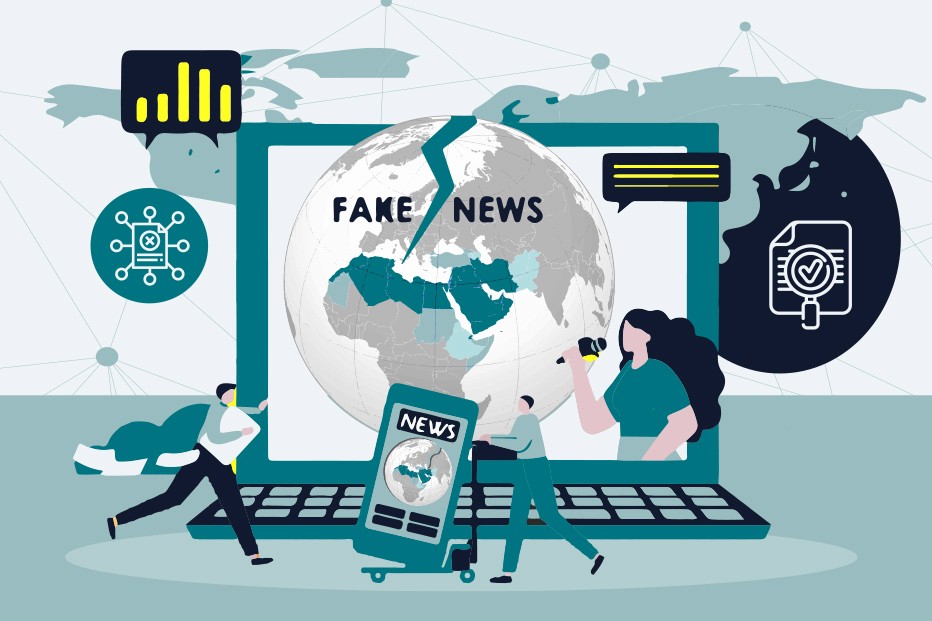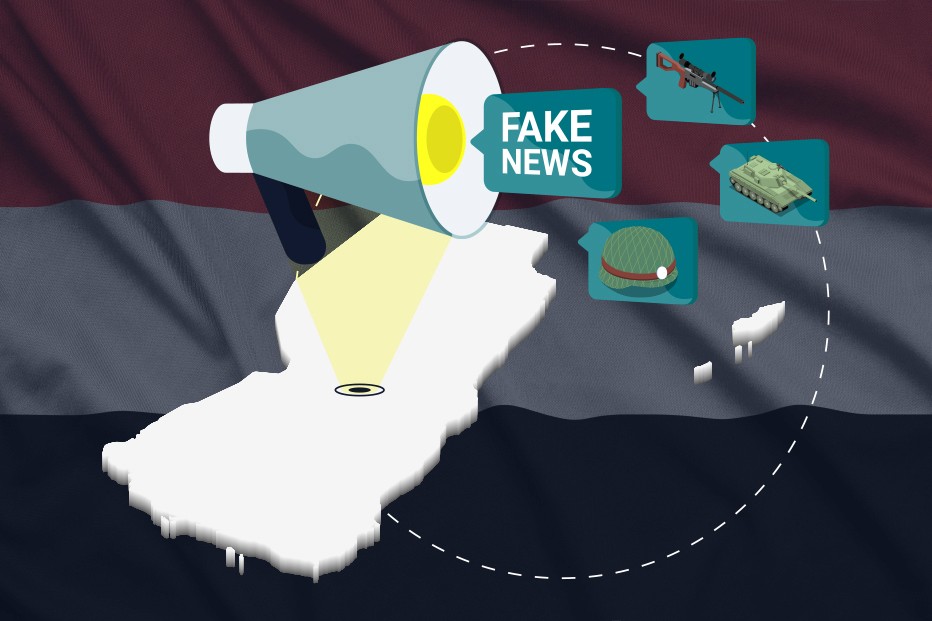Articles
Fact-checking
A primer on fact-checking in the Arab world
Jan 12, 2023
Today’s media environment is awash with misleading, false and harmful content. This is particularly so in the Arab world, where content moderation on social media is weak and a diverse array of operational challenges hinder the work of fact-checkers. In this Q&A article, several players in the MENA fact-checking space share their insights on the state of play regarding fact-checking in the region and how they’re pushing the field forward.
The contributions in this article from Hussein Al-Sharif, Anas Nassif and Arwa Kooli are taken from the panel discussion ‘Fighting Misinformation in MENA: Are We Doing it Right?,” which took place 16 November 2022 at the Bread and Net conference hosted by SMEX. The panel discussion was organized and moderated by Hivos, based on lessons learned from their project 'Freedom of Expression and Information in Tunisia'. Their answers have been edited for brevity and clarity.
Is there a link between crises and the spread of misinformation?
Anas Nassief, Misbar: There’s definitely a correlation between crises and the spread of fake news. In the wake of any crisis or significant event, misinformation spreads widely. There are generally two types of false claims that circulate at such times: those that are spread impulsively by people sharing updates about an ongoing event without first checking their accuracy; and those that are deliberately produced as a form of propaganda.
Hussein Al-Sharif, Maharat Foundation: We saw the effect of fake news very clearly during the Covid-19 pandemic. The spread of rumours was huge at the start of the pandemic, with a lot of sarcastic claims being made. Many people took those claims at face value. It took a long time until there was a general level of awareness that these rumours were misleading and could impact public health. At Maharat, we countered this by monitoring and compiling these rumours, and highlighting those that posed a high risk to public health. We would then fact-check those and distribute our work on the same platforms where the misinformation was spreading.
Arwa Kooli, Tunifact: When I think about crises, the keyword is fear: people will believe anything that makes them feel better. Sometimes it’s hard to give people accurate information if that is not what they want. So, in addition to fact-checking, during the Covid crises we focused on explaining the backstory and trying to make complicated scientific information accessible for the public. During elections, the keyword is interests. There are agendas we can follow that are very obviously trying to influence people. Again, focusing on explaining is important, but you must also be very strict with your methodology. Having different opinions and stakeholders represented in your fact-checking helps greatly in giving your audience accurate information.
What are some of the challenges faced by fact-checkers in the region?
Arwa Kooli: Our main challenge is access to information. In Tunisia, there are some official sources that do not communicate at all, such as the presidency. We also spend a lot of time and effort trying to contact sources at ministries and public institutions who should be available, but who don’t answer us. Without information from various sources, you cannot do fact-checking, especially as the public data that is available in Tunisia is mostly outdated.
Saja Mortada, Arab Reporters for Investigative Journalism: As fact-checkers, we’re exposed to a huge amount of information each day across various channels and from numerous sources. With this volume of information, we can get lost trying to identify what to check and what not to check. Monitoring takes a lot of time as a result. Historically, cooperation between Arab fact-checking organisations has also been limited.
Hazem Al Taqatqah, Saheh Khabarak: Greater cooperation between fact-checking platforms would be hugely beneficial, particularly as it can simplify the research process, facilitate access to information, and help fact-checkers overcome local restrictions on media freedom. We’re currently Jordan based. If there was sustained cooperation and direct communication between us and the other platforms, we would be better able to access information in any Arab country.
Tamara Al Masri, Jordan Open Source Association: Fact-checkers are placed in the spotlight by their work and, as a result, they are often fearful of governmental surveillance and digital spying. As part of the DALIL project, the Jordan Open Source Association has been running digital safety clinics for members of the Arab Fact-Checkers Network. We’ve found that the level of technical awareness among those who’ve done the clinics ranges from 30% to 70%. Seventy percent is acceptable but below this, we really are in the danger zone. These organisations are at greater risk of threats such as doxxing, legal interference and surveillance.
How can we build the sustainability of fact-checking initiatives in the region and what early signs of success can we see?
Hussein Al-Sharif: All media outlets, even the big ones, face difficulties securing long term funding. To guarantee the sustainability of our fact-checking work and the people involved in it, we build FactoMeter into Maharat’s ongoing projects. Three years in, this strategy has proven to be effective, especially as people are still not at a place where they’ll accept paying for accurate, quality journalism. We additionally conduct capacity building for alternative media outlets to increase our impact on society. During the Lebanese Parliamentary elections, for example, Maharat trained ten platforms in Lebanon to independently check the political discourse. They also assisted us in fact-checking information across Lebanon that was coming to them from the public.
Anas Nassief: If you look back three years ago, there were only individual initiatives for fact-checking. There are now around 20 projects covering the area. This indicates that we are making progress and are on the right track. Additionally, numerous media outlets have established their own internal fact-checking units. This is something positive, and gradually we’ll have the human resources to push this field even further forward. To further improve the situation, more people should be involved, starting with the students of media, journalism and communication, who are already becoming more active in this field.










